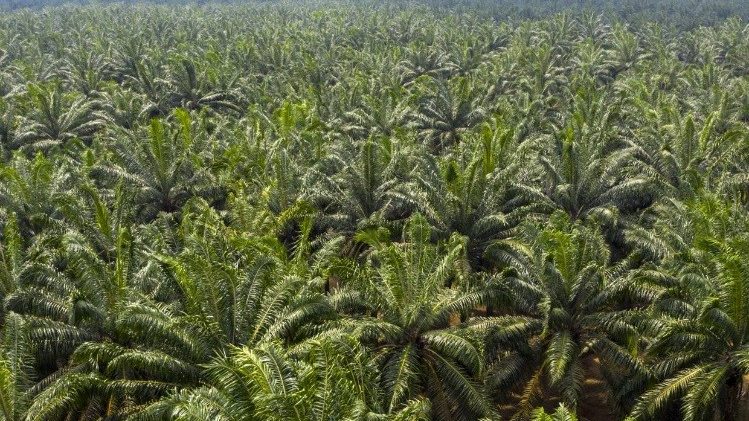Isoprene is released to the atmosphere by trees in similar amounts to those of methane, and can cause both global warming and cooling effects.
However, despite its influence on climate, very little is known about the biogeochemical cycle of isoprene and to which extent microbes might mitigate the effects of this highly abundant but neglected climate-active gas. Ornella Carrión and Lisa Gibson at the University of East Anglia investigated the diversity of bacteria able to degrade isoprene in Malaysian oil palm plantations. Oil palm is one of the most prolific isoprene-producing trees and its cultivation is expanding vastly due to palm oil demand from the food industry, domestic products and biofuel production. Using stable isotope probing, amplicon sequencing and metagenomics their research showed that both oil palm soils and leaves contained novel genera of isoprene-degrading bacteria, including Novosphingobium, Pelomonas, Rhodoblastus, Sphingomonas and Zoogloea, and that these bacteria were more abundant in soils than on leaves. This work, recently published in Microbiome, reveals the diversity of bacteria that can metabolise this climate-active trace-gas and indicates that they could be a significant sink for isoprene in the environment.
Further infographics: https://www.youtube.com/watch?v=roPiVaOCqig&feature=youtu.be
For the full story: https://doi.org/10.1186/s40168-020-00860-7
Photo: Oil palm plantation in Malaysia. Source: Bloomberg.


